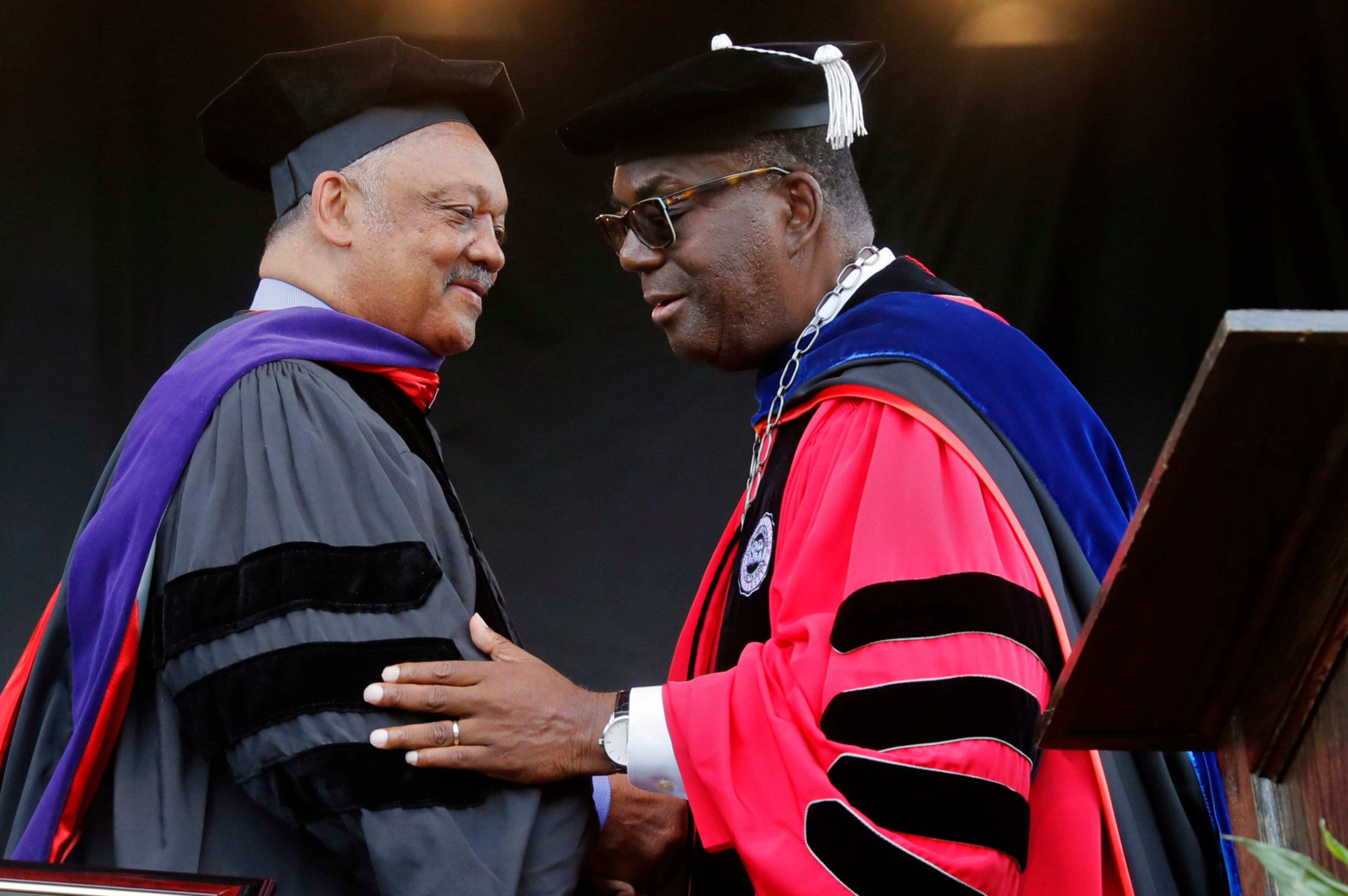Opinion: School choice may be easy answer, but it’s not right one

Former Atlanta school board member Joseph G. Martin Jr. helped write Georgia's 1985 Quality Basic Education Act funding formula. In this piece, Martin counters school choice proponents who contend austerity cuts to schools should not stand in the way of Georgia increasing charter school funding and private school tax credit scholarships or introducing educational savings accounts.
Because of ongoing austerity cuts, Georgia will invest $166 million less into education this year than its school funding formula requires.
In 2002, Georgia ranked 22nd in per-pupil spending among the states and the District of Columbia, according to the U.S. Census Bureau. Today, Georgia ranks 38th.
Despite the austerity cuts, the 2018 Legislature proposes more funding for charter schools and raising the amount of money that can be diverted from state coffers to fund private school scholarships.
House Bill 482, the "Educational Scholarship Act," would allow parents to use the per-pupil state expenditure for private school tuition. Critics call the bill a voucher program dressed up as school choice.
However, the bill's sponsor, state Rep. Wes Cantrell, R-Woodstock, told the AJC, "There are students in our state without the opportunity to learn. Parents are demanding more of a cafeteria approach."
The state sends about $9 billion to public schools annually based on the number of students enrolled. The bill would allow parents to spend their child’s share on private school tuition.
With that background, here is Martin’s column.
By Joseph G. Martin Jr.
Where is the commitment to providing a sound education for all of Georgia’s children? And why do we look so hard for excuses to avoid our legal and moral obligation to them?
Some may think too much is being spent to educate other people’s children. This belief ignores the shared interest that we all have in good schools. The value accrues not just to the students themselves but to every community and the entire state. Our public schools benefit the public in many significant ways.
There is also skepticism that the funds will be spent well. Although our schools must root out any inefficiency wherever it exists, the perception of wasteful spending is fundamentally wrong. Our educators struggle mightily in performing a noble service, often with the added burden of large classes and inadequate support.
Another excuse is that we don’t have enough resources to fund our schools adequately. This argument goes up in smoke if Georgia’s income tax rates are cut to offset the so-called windfall from the new Federal tax law. If the original excuse was ever valid, it certainly isn’t now.
Some even argue that the continuing “austerity cuts” in the QBE formula are irrelevant. There is no way to pretend that this formula is anything more than a minimal standard, and even this level is not being met. Moreover, many of the components on which it is based have not been adjusted for years. Restoring the austerity cuts is the very least we can do to offer a basic education to all of Georgia’s students, especially those who do not live in wealthy areas.
Yes, the state has appropriated funds to provide a meager raise to teachers, cover the cost of additional enrollment, and replenish the state’s pension fund, but these are continuing expenditures that don’t mean greater support for the instruction of our students.
One of the appeals of school choice is that it’s an easy answer to these issues. Creating options that are available to only some students becomes a relatively inexpensive way to aid the privileged few without having to worry about everyone else.
This problem is aggravated when the students with the least needs transfer to charter and private schools, leaving behind the students with disabilities and other needs that require a higher cost per student. There is much to be said for more choices in education, but this goal does not have to come at the expense of the vast majority of our students.
The prosperity of every community in Georgia depends on strong public schools. Shirking the duty we have to our children is not only morally wrong, but also short-sighted in building a great state for all of us.



